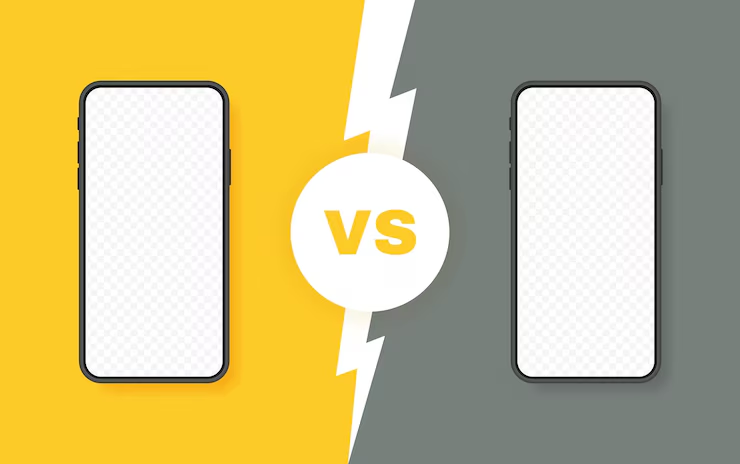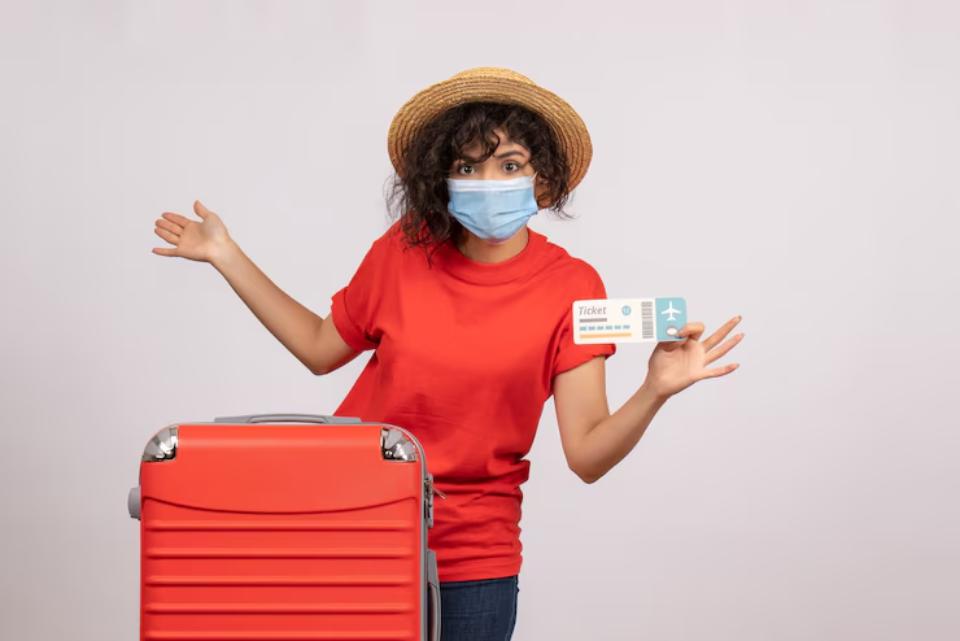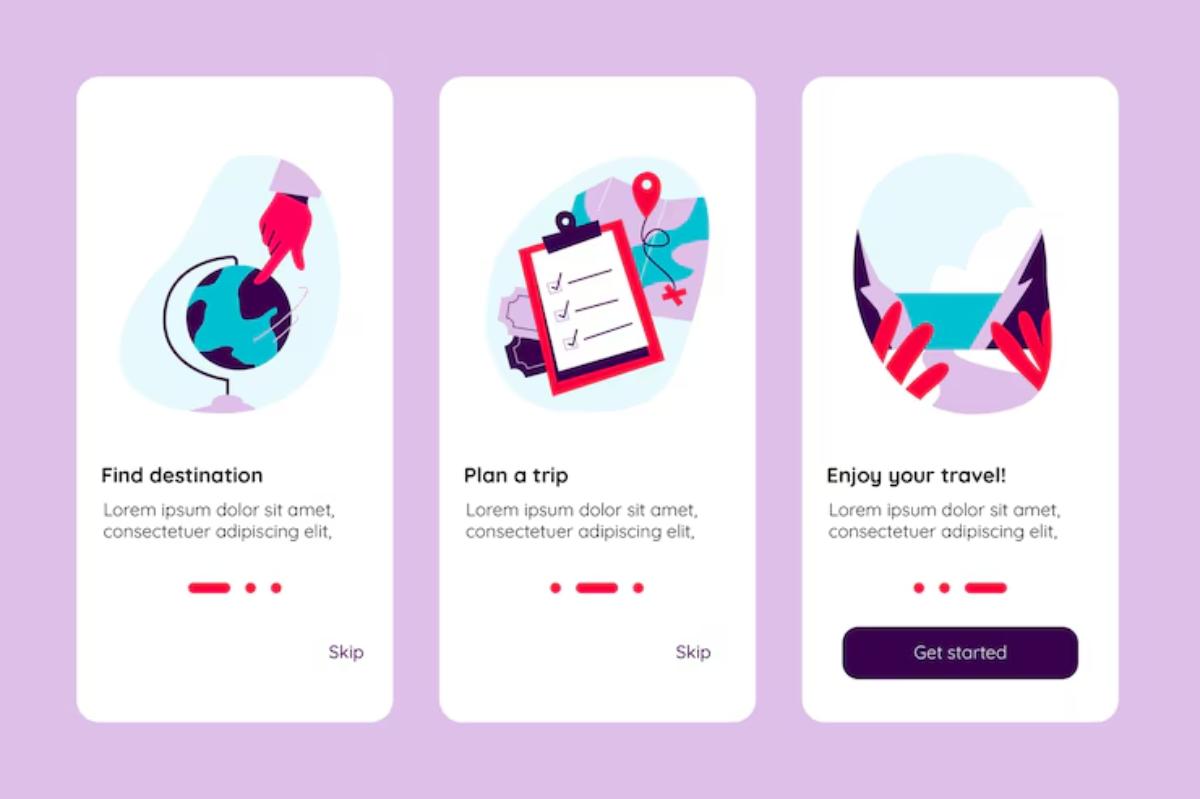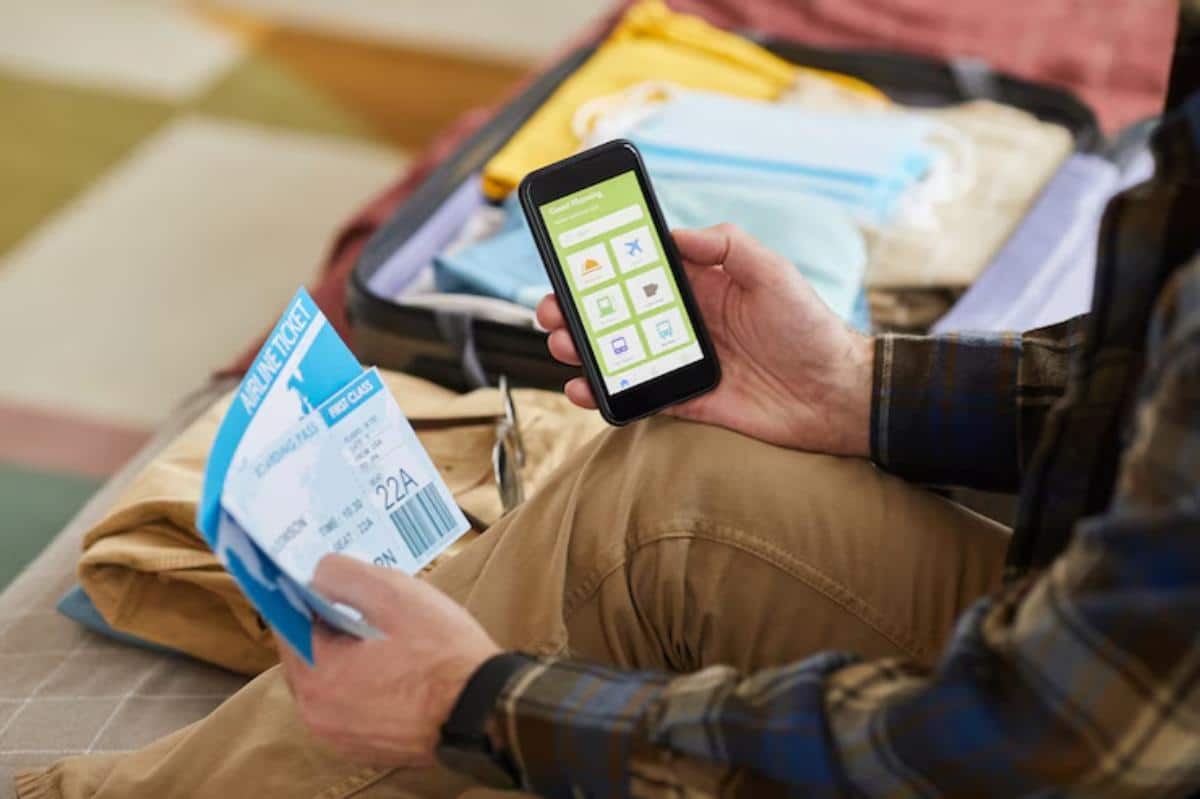
Comparing Travel Safety Apps: Sitata vs. Smart Traveller
Travel’s greatest gift is unpredictability—the unplanned detour, the local recommendation, the conversation with a stranger that changes your day. But unpredictability can also be, well… uncomfortable. Especially when it’s wrapped in uncertainty, risk, or that sinking feeling of “I should’ve looked this up before I got here.”
That’s where travel safety apps step in—not to remove spontaneity, but to make space for more of it by quietly managing what could go wrong. Two names come up often: Sitata and Smart Traveller. Each serves a similar purpose, but they do it in entirely different ways.
One is tech-forward and globally crowdsourced. The other is official, government-backed, and straightforward. In this in-depth Smart Traveller comparison and Sitata review, let’s unpack what each app does best, where they fall short, and which kind of traveller they’re actually made for.
Why You Need a Travel Safety App (Yes, You)
Even the most seasoned globetrotter faces curveballs.
Here’s the truth:
- Civil unrest doesn’t appear in hotel brochures.
- Flight delays aren’t always on airline apps in real time.
- Travel advisories change. Quickly.
- Illness outbreaks, natural disasters, political protests—they can all affect a trip, and often with little warning.
Whether you’re off on a solo adventure, a group tour, or a business trip, having one of the best safety apps installed adds a layer of support that’s easy to ignore—until you’re glad you didn’t.
What Sitata and Smart Traveller Have in Common

Before we dive into differences, let’s cover the basics. Both apps:
- Offer real-time safety updates by country.
- Alert travellers to potential disruptions or dangers.
- Provide helpful information for pre-trip planning.
- Offer tips on health, entry requirements, and local contacts.
That’s the shared foundation. What sits on top is where things really start to diverge.
Sitata Review: A Dynamic, Crowdsourced Global Watchdog

Sitata is sleek. Interactive. It feels like your well-travelled friend who knows someone in every airport lounge and embassy. But instead of long stories, they just text the key stuff—what you need to know, when you need to know it.
What Makes Sitata Stand Out
1. Real-Time Alerts Based on Location and Itinerary
Sitata doesn’t wait for you to ask. It tracks your trip (if you let it) and notifies you of disease outbreaks, transportation strikes, natural disasters, and protests—right where you are, right when it matters.
2. Crowdsourced Reports
Travellers can report issues themselves. Think of it like Waze, but for global safety instead of traffic. Reports are verified and then used to warn others in the area.
3. Health and Safety Tools
Sitata includes travel vaccinations, outbreak updates, and even access to telemedicine. It feels like having a nurse and news editor tucked into your backpack.
4. Visual Interface
Sitata maps out incidents and alerts with intuitive icons and colour codes. The dashboard is engaging without being overwhelming.
5. Panic Button
A built-in emergency contact feature allows you to alert loved ones with a single tap—and share your location in real time.
Potential Drawbacks
- Some features are behind a paywall. Free users get basic alerts; more in-depth tools require a subscription.
- Not an official government source. Though accurate, it’s not “official” in the same way Smart Traveller is.
Still building your digital safety kit? Take a look at Top Safety Apps Every Traveller Should Have for more tools worth downloading before your next trip.
Smart Traveller Comparison: Official, Straightforward, and No-Frills
Smart Traveller is developed by the Australian Department of Foreign Affairs and Trade (DFAT). It’s government-backed, straight-talking, and focused on what the state believes you need to know. It may not be flashy, but there’s something comforting about advice that comes straight from the source.
Where Smart Traveller Excels
1. Government-Certified Information
If you want official advisories—border rules, entry policies, safety warnings—Smart Traveller gives them to you straight. No fluff, no guesses.
2. Country-Specific Travel Advice
Each country has a dedicated page listing:
- Safety risks
- Local laws and customs
- Health precautions
- Contact details for embassies and consulates
3. Alerts and Travel Bulletins
If the situation in a country changes (say, due to a natural disaster or political upheaval), you’ll get a government-issued alert.
4. Emergency Contacts
Easy access to contact info for the nearest Australian embassy or consulate—critical in times of trouble.
5. No Account Needed
Unlike Sitata, you don’t have to create a profile or input your trip. You can browse freely, without logging in.
Where It Feels Limited
- Not personalised. You have to seek out the information yourself; it doesn’t tailor alerts to your location.
- No user input or community-driven updates. What you see is what you get—based on official channels only.
- Lacks in-app interactivity. Compared to Sitata, it’s more like a reference site than a real-time travel companion.
Comparing the Features Side by Side
| Feature | Sitata | Smart Traveller |
| Real-Time Alerts | Yes | Yes (but only official bulletins) |
| Trip Customization | Yes | No |
| Health Info & Outbreaks | Yes (frequent, detailed) | Yes (general) |
| User-Reported Incidents | Yes | No |
| Access to Telehealth | Yes (with subscription) | No |
| Embassy Contact Info | Yes | Yes |
| Push Notifications | Yes | Yes |
| Emergency Button | Yes | No |
| Offline Access | Limited | Yes |
| Cost | Free basic, premium features | Free |
| Style | Visual, app-based | Text-heavy, info-based |
Which App Is Best for Which Traveller?
This is where preferences, personality, and travel style come into play.
Choose Sitata if:
- You like personalised, tech-forward tools.
- You’re travelling through regions with less predictability.
- You want alerts pushed to you instead of hunting for them.
- You enjoy clean visuals and app-based interactivity.
- You’re willing to pay for extra features like telemedicine or the panic button.
Choose Smart Traveller if:
- You’re an Australian citizen (especially helpful for consular support).
- You want information straight from a government source.
- You prefer no-frills, official updates over community-driven reports.
- You’re comfortable pulling the data you need, when you need it.
Personal Safety Is a Layered Practice

The best safety planning apps aren’t just about alerts. They’re about layers.
Combine tools like Sitata or Smart Traveller with:
- Life360 or bSafe for real-time location sharing.
- Google Translate to overcome language barriers in emergencies.
- TripWhistle for local emergency numbers.
- First Aid by IFRC for basic medical response when help is far away.
No single app will keep you 100% protected. But together, they create a safety net that allows you to travel more freely and confidently.
Need help organising your digital travel toolkit? Try How to Use Emergency Apps While Travelling Abroad for practical setup tips.
Safety Doesn’t Have to Feel Heavy
There’s something deeply freeing about being prepared. It doesn’t take away from the thrill of a new city or the joy of a hidden trail. If anything, it gives you more room to breathe.
Both Sitata and Smart Traveller help travellers take the unknown and make it a little more manageable. One does it with tech and interactivity. The other does it with quiet authority.
Whichever path you choose, you’re not just planning your trip—you’re protecting your experience. And that’s the kind of safety that feels like peace, not paranoia.


